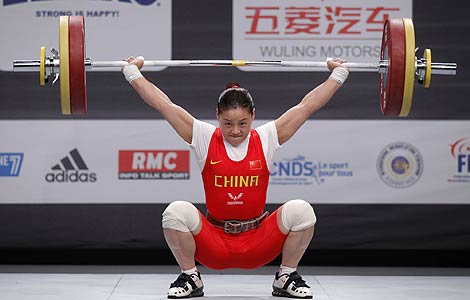Iran: IAEA report influenced by US, West
Updated: 2011-11-10 10:27
(Xinhua)
|
|||||||||
Asked about some Iranian lawmakers' views that Iran may walk out of the NPT, Soltanieh said that Iranian lawmakers may have their own independent views.
However, the ways of cooperation with the IAEA in the future depends on the decision of the Islamic Republic's high-ranking officials, he said.
In another interview with the state radio, Soltanieh referred to the IAEA's released documents on Iran's nuclear program as "fabricated documents" and the charges against the Islamic Republic as "unfounded".
He said what is certain is that Iran will determinedly continue its nuclear activities.
The Russian Foreign Ministry said in a statement released Wednesday that the latest report of the IAEA on the Iran nuclear issue is a "politicized compilation of well-known facts", warning that it would undermine international efforts in defusing tensions on the issue.
"The authors (of the report) juggle the facts to create the impression that Iran's nuclear program has a military component," said the ministry, adding that the approach can "hardly be called professional and unbiased", and the report might lead to "a dangerous confrontation".
Also on Wednesday, Russian Deputy Foreign Minister Sergei Ryabkov stressed that Moscow opposes stronger sanction against Iran and called for a dialogue to solve the issue.
The Elysee Palace said Wednesday in a statement that France and Britain are determined to "seek new and strong sanctions" against Iran if the latter refuses to cooperate with international community over its nuclear program.
The two European countries held a high-level meeting on defense and security cooperation in London, and exchanged "deep concern about the military dimension of Iran's nuclear program" following the report released by the IAEA.
The IAEA said Tuesday in its latest report on Iran's nuclear program that "credible" evidence showed that Iran has engaged in projects and experiments relevant to the development of nuclear weapons.
Teheran completely rejected the report and insisted that Iran had no nuclear weapon programs, criticizing that the IAEA report was "imbalanced, unprofessional and politically-motivated".











